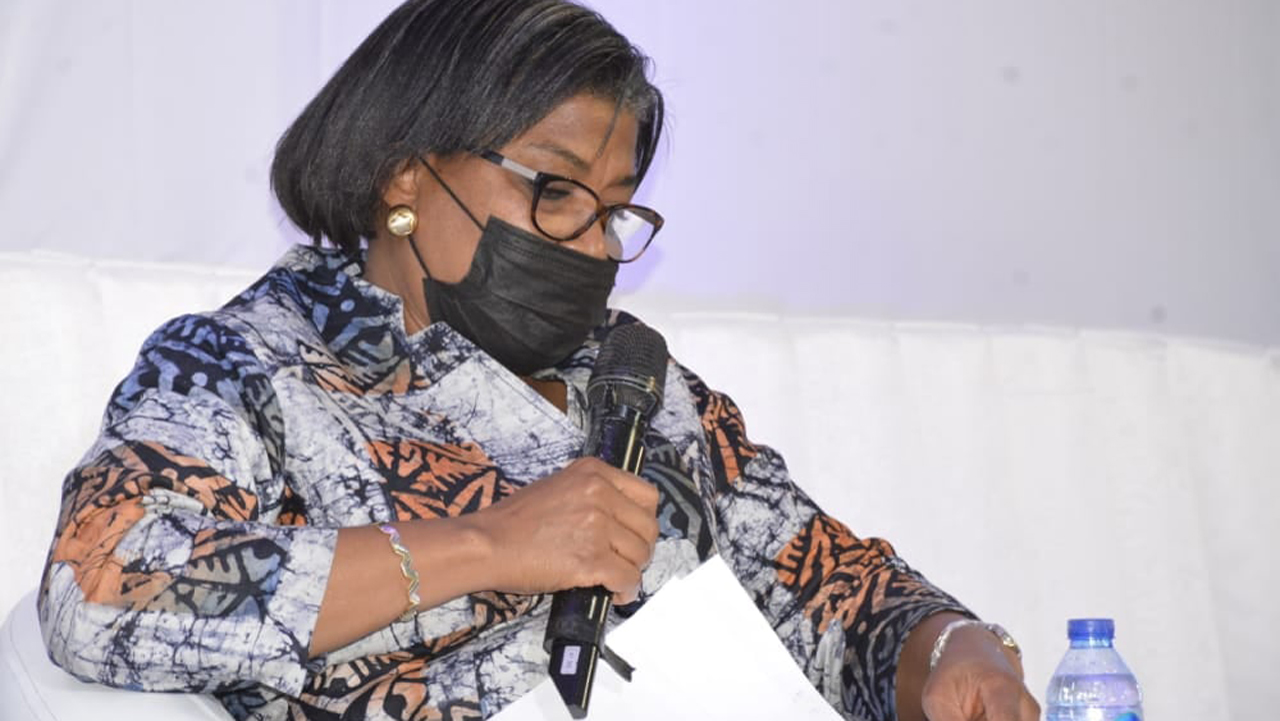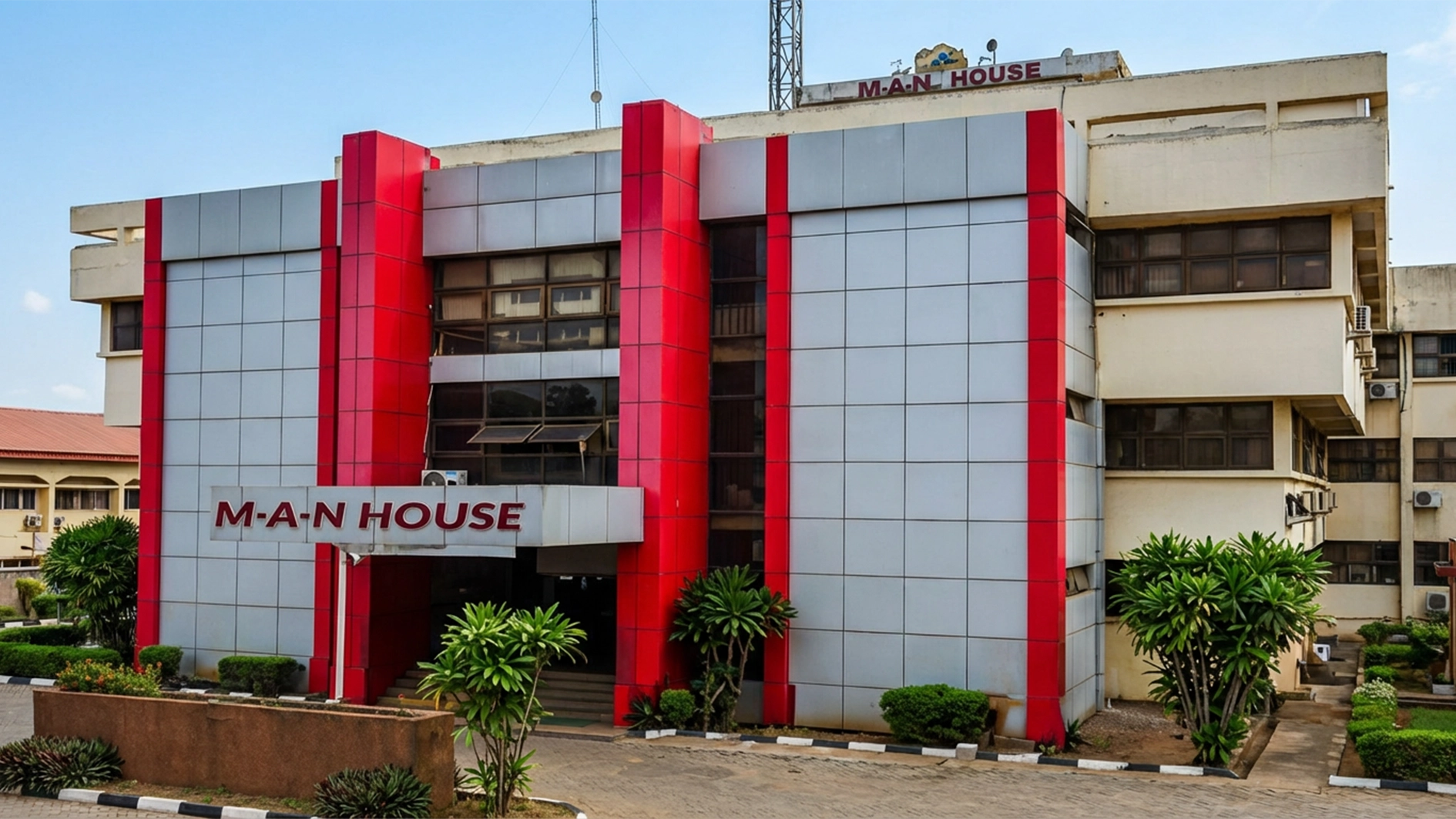
Nigeria’s public debt hit N87.91 trillion at the end of the third quarter of 2023, following a marginal increase from the N87.38 trillion it was in the second quarter.
The Debt Management Office (DMO) disclosed this in its third quarter 2023 public debt report published yesterday. The office also informed that the total external debt stock declined by $1.57 billion during the period from $43.16 billion to $41.59 billion.
The drop, though, could not make up for the rise in the domestic component of the sovereign debts. DMO, in the statement, said the reason for the decline is due to the redemption of Nigeria’s $500 million Eurobonds and the first principal payment of $413.859 million from the International Monetary Fund’s (IMF) $3.4 billion loan obtained during the COVID-19 period.
A statement by DMO said: “External debt decreased due to redemption of $500 million Eurobond and the payment of $413.859 as first principal repayment of the $4.3 billion obtained from the International Monetary Fund (IMF) in 2020 during COVID-19.”
It, however, noted that Nigeria’s total public debt increased marginally from N87.38 trillion at the end of the second quarter to N87.91 trillion ($114.35 billion) as of September 30, 2023, following the increase in domestic debt stock of the country, which went up by N1.8 trillion to N50.196 trillion in the three months.
“The amount represents the domestic and external debts of the Federal Government of Nigeria, the 36 state governments and the Federal Capital Territory,” DMO said.
It added: “The servicing of these debts in addition to other debts are clear demonstrations of the FGN’s commitment to honouring its debt obligations.”
Nigerians have continued to raise eyebrows over the spate of borrowings by the federal government which has led to the astronomical rise in the debt profile.
Although the government has always argued that the country does not have a debt problem as its debt to GDP is still within the limit. It, however, admits it has a revenue challenge.
In the 2024 budget proposal before the National Assembly, the federal government plans to borrow N7.83 trillion as part of measures to bridge the budget deficit of N9.18 trillion. The government said it is looking to reduce its dependence on debts and raise revenue.






